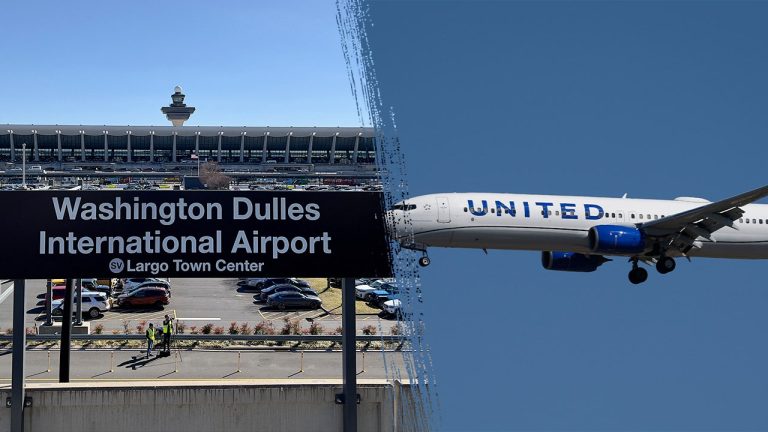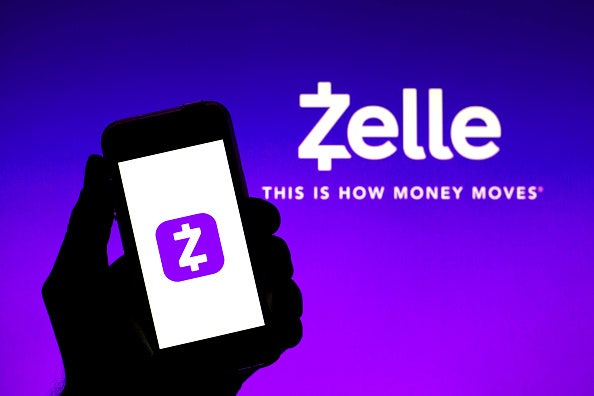
Virgin Money is offering a market-leading fixed rate ISA paying 5.25 percent interest. Cash ISAs are a popular savings option, as these accounts enable people’s money to grow without having to pay tax on the interest above the Personal Savings Allowance (PSA).
This type of account has become even more appealing amid high interest rates and frozen personal allowances, which has seen millions more savers liable to pay tax on their returns.
However, it’s important to note that some ISAs can come with a few more restrictions, like penalty charges for early access or transfers.
There is no minimum investment amount to open Virgin Money’s One Year Fixed Rate Cash ISA Exclusive (Issue 10) and interest is applied when the account matures on January 31, 2025.
Withdrawals from this account are permitted but money cannot be put back in. Any withdrawals made within the fixed rate period are subject to 60 days’ loss of interest on the amount withdrawn.
Only one account can be opened per UK resident and they must be aged over 16. Savers also need to have a current account with Virgin Money, which was opened on or after 4 December 2019.
Or, people must have originally opened their current account with Clydesdale Bank, Yorkshire Bank or B, such as a Signature Current Account.
But while Virgin Money may be offering the top rate, competition isn’t too far behind. Punjab National Bank (International) Limited’s Fixed Rate Cash ISA is offering an Annual Equivalent Rate (AER) of five percent.
Savers aged 16 and over need to deposit £1,000 and interest is paid on maturity. Earlier access is only permitted on closure, subject to 30-day notice, and no interest paid.
Placing just behind is Shawbrook Bank’s One Year Fixed Rate Cash ISA Bond (Issue 87) with an AER of 4.98 percent.
This account can also be launched with a minimum deposit of £1,0000 and savers must be aged 18 and over. Interest is paid on the anniversary and earlier access will be subject to 90 day loss of interest.
Alice Haine, a personal finance analyst at wealth management platform Bestinvest, said: “They may be almost 25 years old, having first been introduced on April 6, 1999, but tax-free ISAs are the must-have financial accessory of the moment when you consider cuts to capital gains tax and dividend allowances and a longstanding freeze on the Personal Savings Allowance.”
However, she added: “Remember, this is a ‘use it or lose it’ allowance because you cannot carry it into the next tax year if it isn’t used.
“No one wants to pay tax on money they have already been taxed on, and savers looking to secure this year’s £20,000 allowance in full before it disappears must fund an account with that amount by April 5.”






